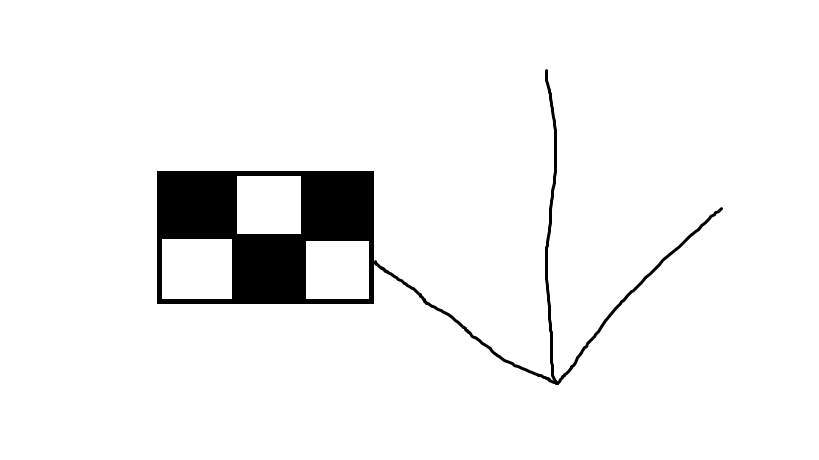The New York Times is reporting that New York taxi companies bought hundreds of Chicago taxi medallions–enough to jack up medallion prices–and then turned around and sold them to cabbies, earning monopoly profits. Many cabbies borrowed to buy the medallions and have gone bankrupt.
If the New York companies’ purchase of large numbers of medallions really did give them the power to raise prices, then those companies achieved monopoly power for purposes of the antitrust laws, which define it as the power profitably to raise prices.
It’s not illegal to charge monopoly prices. But it is a violation of Section 7 of the Clayton Act to assemble a monopoly through asset acquisitions, such as the purchase of taxi medallions.
The U.S. Department of Justice and the U.S. Federal Trade Commission have the power to challenge anticompetitive acquisitions after the fact. And they can seek disgorgement of profits, which here would mean an order requiring the New York companies to compensate cabbies for the inflated prices that they paid. The article suggests that in some cases those prices may have been eight times the competitive prices, or $350,000 in monopoly excess per medallion.
The Times suggests that much of the alleged conduct took place six or more years ago. But for civil antitrust actions brought by the government, there is no statute of limitations.
It may also be possible to challenge this conduct as fraud, or market manipulation. But this is a case of the raw acquisition of monopoly power, without any semblance of an efficiency justification, placing it squarely within the core of the antitrust laws. It would be nice to see those laws earn their keep here.
And to see antitrust enforcers return to policing local and regional monopoly power.
